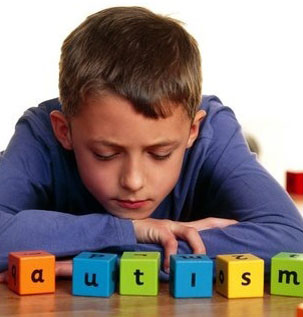There are no medical tests for diagnosing autism. An accurate diagnosis must be based on observation of the individual’s communication, social interaction, and his or her activities and interests.

Because many of the behaviors associated with autism are common to other disorders, some medical tests can be performed in order to identify other causes or diagnoses. People with autism often have symptoms of various Co-occurring Mental, Behavioral and Physical Conditions.
Medical professionals who may have experience with autism and other neurodevelopmental disorders include pediatricians (especially developmental pediatricians), neurologists (specifically pediatric neurologists), and child and adolescent psychiatrists. Not every one of these professionals has experience with autism, so parents and caregivers should seek recommendations of knowledgeable professionals in their area from:
- Local Autism Society Affiliate
- autism support groups
- people who have children or other family members with autism
- their primary-care provider
A skilled practitioner can begin the assessment; the evaluation itself can vary depending on the professional administering it, the age of the person being assessed, the severity of his or her symptoms, and local available resources.
For example, if a very young child (1-3 years old) is showing significant developmental delays, a primary-care practitioner may refer the family to a psychologist, pediatric neurologist or developmental pediatrician for a diagnostic assessment. Read this guide from the Autism Advocate to learn more.
An initial medical assessment typically includes:
- a medical history of the mother’s pregnancy
- developmental milestones
- eating and sleeping habits
- coordination
- stomach and bowel functioning
- sensory challenges
- allergies
- medical illnesses, including ear infections and seizures
- any family history of developmental disorders
- any family history of genetic and metabolic disorders
- Parents’ and the Child’s Exposure to Environmental toxins
- a thorough physical exam
- routine lab tests
While there is no one behavioral or communications test that can detect autism, several Screening Instruments are now being used in diagnosing it.
